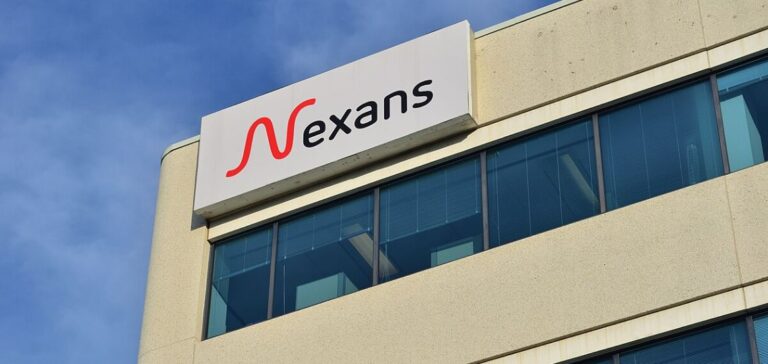The French group Nexans, the second-largest cable manufacturer globally behind Prysmian, revealed it has entered into exclusive negotiations with Latour Capital for the sale of Lynxeo, its industrial cables division. The deal, valued at 525 million euros, aligns with Nexans’ strategy to refocus its activities on electrification, particularly through electricity transmission infrastructure.
Strategic shift towards electrification
Nexans, which began to shift away from industrial and digital segments in 2021, is now ending its business in specialized industrial cables. When presenting its 2024 financial results, Nexans reported a net profit of 283 million euros, up 27% compared to the previous year. This performance was mainly driven by strong demand for cables for offshore wind farm connections and massive investments in modernizing electricity grids in various countries.
Lynxeo, formerly Nexans Industry Solutions & Projects, is active in providing specialized cables for industrial markets such as rail, maritime, and robotics. The unit has a significant presence in Europe, Asia, and the United States, with over 2,000 employees and an annual turnover exceeding 700 million euros.
Latour Capital sees growth potential
The investment fund Latour Capital, based in France, expressed confidence in Lynxeo’s growth potential, operating in a specialized industrial cables market deemed to be both growing rapidly and highly fragmented. Jean-François Beaudoin and Sylvain Dekens, the fund’s leaders, highlighted that Lynxeo’s position allows it to capitalize on this growth dynamic.
Christopher Guérin, CEO of Nexans, stated that this sale represents a key step in the group’s strategy, now focused on developing electrification solutions. He added that the experience and strategic vision of Latour Capital would be crucial factors in supporting the growth of Lynxeo.
A turning point in Nexans’ history
The sale of Lynxeo marks a significant turning point for Nexans, effectively ending more than a century of activity in the specialized industrial cable sector. This withdrawal will allow Nexans to concentrate its resources on the strategic electricity transmission sector, where it holds a strong position, particularly in the field of underwater infrastructure for renewable energy projects.






















